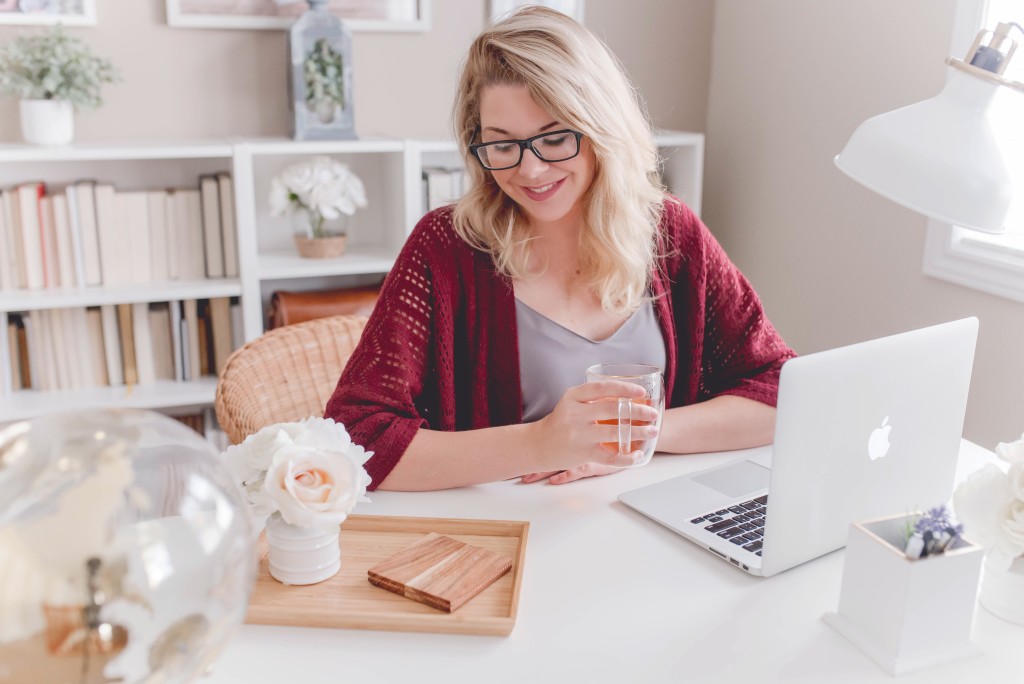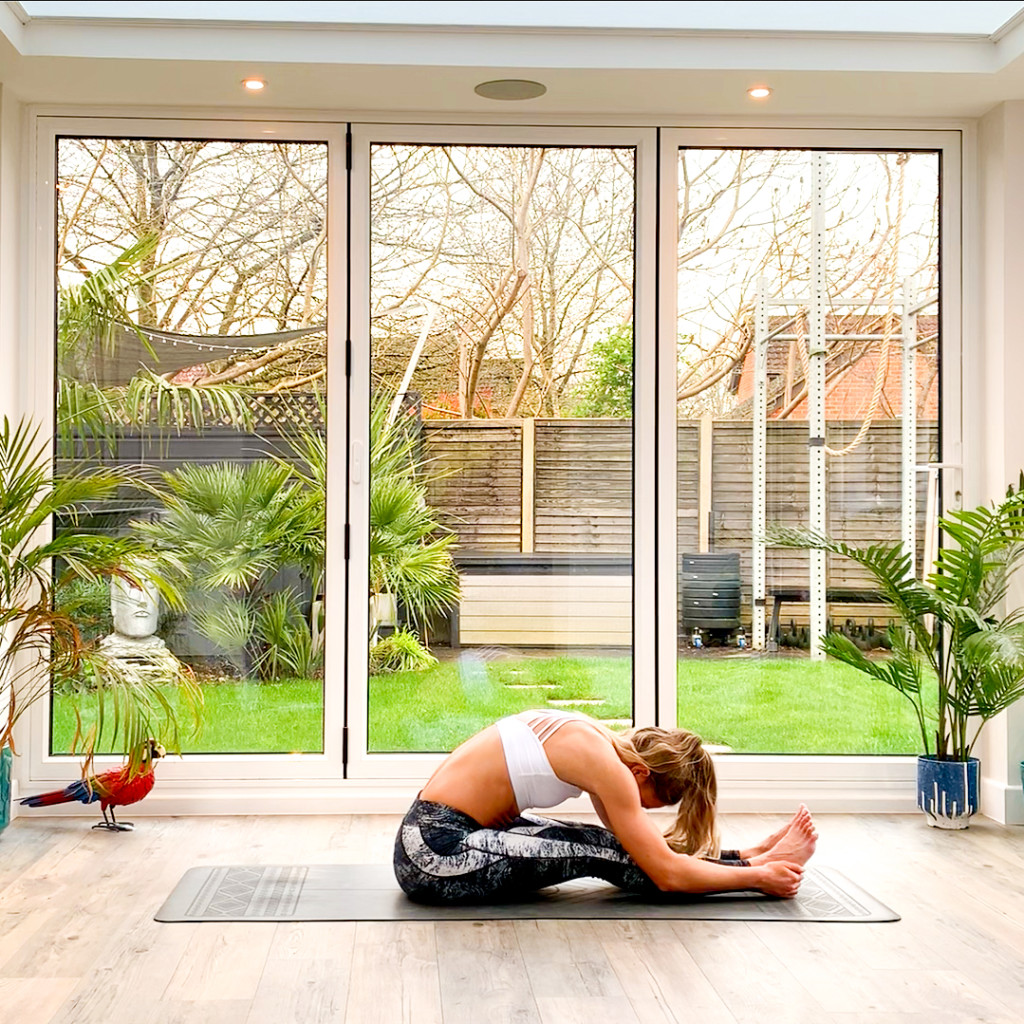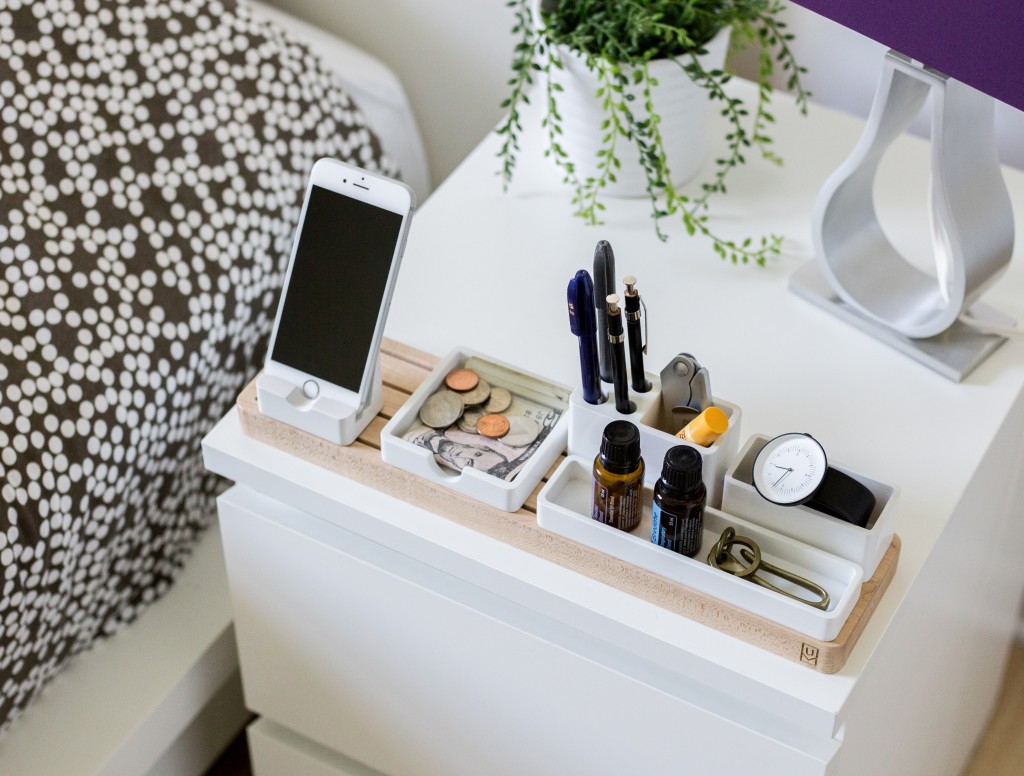
It would be an understatement to say that 2020 has been a rough year. We’ve experienced a global pandemic that has impacted our jobs and financial situations, threatened our health, and isolated us from our loved ones. In the background, the world has been fraught with political tension, environmental chaos, and, as it sometimes seems, endless amounts of bad news. Often, we underestimate what effect the world around us, as well as the smaller toils of our own lives, truly has on our mental health.
According to mental health charity Mind, 1 in 4 people in England alone will experience a mental health problem in any year. Similarly, the number of people who experience common mental health problems had risen by 20% between 1993 and 2014. It’s pretty obvious that looking after your mental wellbeing is becoming increasingly important – yet for most of us, it sits low on the list of our priorities.
We avoid our problems. We don’t break our bad habits, because we think they make our lives easier. We ignore the warning signs, because we don’t want to face them. We don’t make changes, because we’re scared of what they’ll look like. But here’s the thing – looking after your mental health doesn’t have to be about groundbreaking change, and it doesn’t have to be daunting. You can easily make small lifestyle changes to improve your mental wellbeing.
Routine

For a lot of us, having a routine really helps. Especially in situations like lockdown, where normality has been interrupted, sticking to some kind of routine can help to reduce anxiety and make you feel more in control. It doesn’t have to be strict – it can be as simple as having an alarm set every morning to get you out of bed.
On the other hand, maybe you’re somebody who struggles with routine, and that’s okay too. If your own current routine is too rigorous and hinders instead of helps, make some changes and go more with the flow.
Diet and exercise

Okay, okay, you’ve heard it all before. We know it sounds cliché. But the reason that so many people are always banging on about it is that it works. It doesn’t have to be intense exercise; you don’t have to join a gym, run a marathon, or swim huge lengths of the ocean. A bit of light exercise can be great for making you feel better, whether it’s yoga – which has fantastic effects on both the body and mind – or just walking somewhere instead of taking the bus.
Diet is important too. Your body (and your mind) deserve good, wholesome, nourishing food. You don’t have to cut out all the unhealthy food from your diet, but be mindful of what you’re running on. Diet plays a huge role in mental wellbeing – for example, some types of food can naturally reduce anxiety.
Also, water. Drink plenty of it. Invest in one of those water bottles which tell you how much you should be drinking per day, or one of those apps where the amount of water you drink keeps a digital plant alive.
Moderate your alcohol consumption

Still trying not to be boring. Promise. The thing that’s easy to forget is that alcohol is a depressant, and while many people drink in order to enhance their mood, any such effects are only temporary. Sure, you’ll feel good for a few hours… before the triple threat of sadness, anxiety, and the physical symptoms of a hangover settle in.
You don’t have to quit drinking, but it’s never a bad idea to be conscious of how much and how often you’re reaching for a glass of wine or a naughty G&T. Also, try not to drink alone. It’s not always a bad idea, but in a lot of cases it can be.
Take breaks from social media

Social media can be a beautiful thing. All of the information in the world, right at your fingertips. But what happens when it becomes too much?
Whether it’s the constant outpouring of breaking news which can often be overwhelmingly bleak, or the pressure of seeing endless updates from everyone, all the time – we all need a break sometimes. Most of us just don’t realise it. Whether it’s simply not reading the news, being less active on social media apps or setting yourself limits on screen time altogether, it’s key to find a balance that works for you.
Even when you’re using social media, take the time to be mindful over who and what you’re following. What kind of content do you want to see when you’re browsing? Are you following pages or people who bring you down, or make you feel inferior? Find content which inspires you and fill your social feeds with it.
Make space for the things you love

What are the things that matter to you? Have you got a hobby? Maybe you craft, or cook, or play the guitar. If this year has taught us anything, it’s that in hard times, we go back to basics – just think of everyone who was baking banana bread a few months ago. In times where you feel overwhelmed, find the things that you genuinely enjoy, that soothe you and inspire your creativity, and focus on them. And try to do it without pressuring yourself to be the best, or even particularly good. Find the joy in being okay at things.
And for reflection

Even in years far more ordinary than this one, the modern world is busy, hectic and overwhelming. Find time for peace and for reflection, whether it’s having some quiet time before bed, keeping some kind of journal, spending more time outside and amongst nature, or incorporating yoga or meditation into your daily routine. We understand that life is busy, and between family, work and personal commitments, your schedule can be full to the brim. But taking a few minutes out of your day, here and there, to slow down your thoughts and reflect, can really help to ease anxiety and stress before it builds.
When it comes to improving mental wellbeing, there’s no ‘one size fits all’ approach. We’re all different, and so we’ll all be soothed differently – that’s why we want to hear from you. What coping mechanisms have you found to curb anxiety during this crazy time? What helps you stay positive when life feels overwhelming? Join the conversation and tell us one small lifestyle change you’ve made that has genuinely helped you. Or, if you’re new to this, and reading this blog is the first step you’ve taken to improving your wellbeing… good luck! You’re going to do great.
Author Bio – Georgie Cunningham is a freelance writer based in Bristol. With a background in digital marketing and a passion for note-taking, she’s usually found writing anything from articles on social media management to short stories about dragons.
